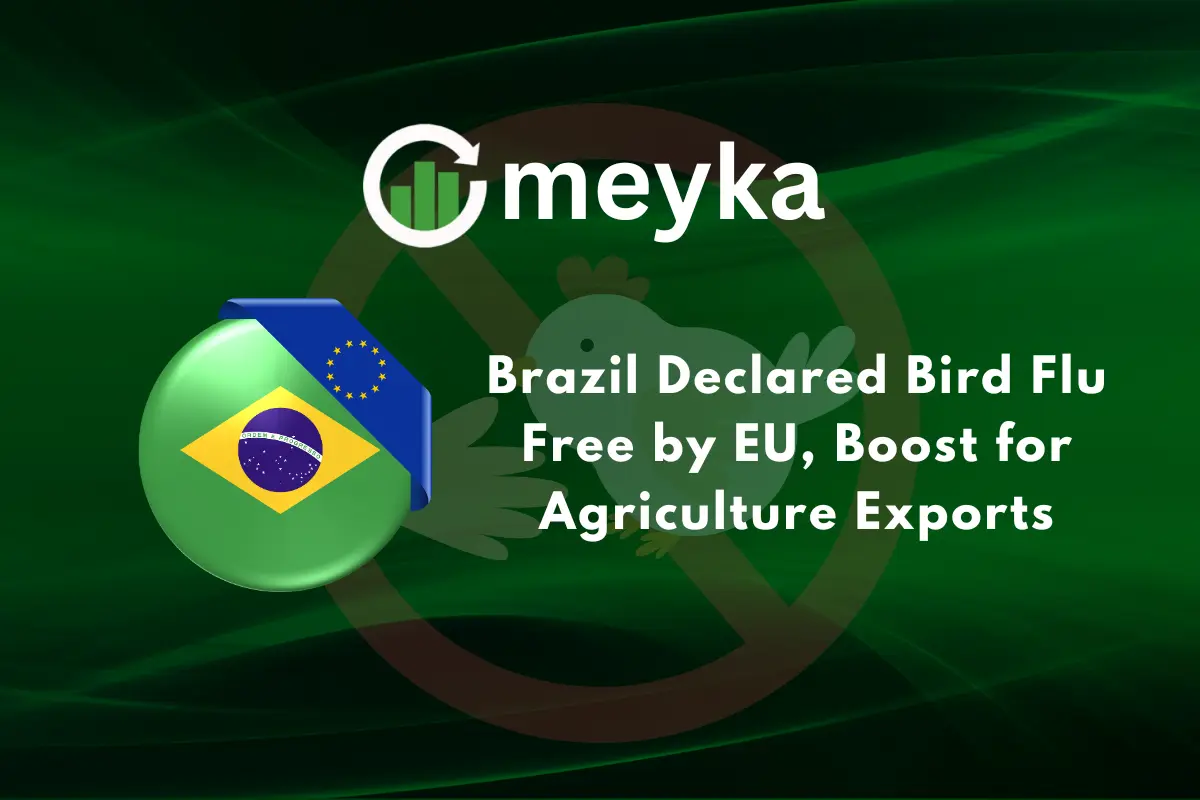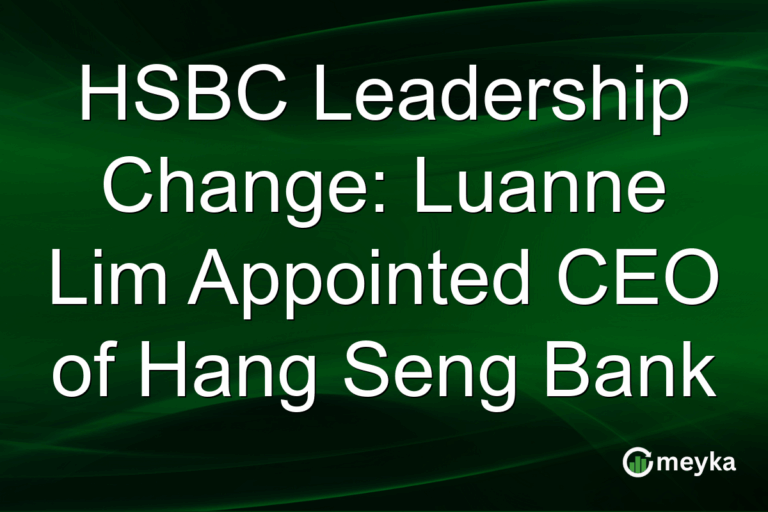Brazil Declared Bird Flu Free by EU, Boost for Agriculture Exports
In a major boost for global trade, the European Union has officially declared Brazil free from bird flu. This is big news for Brazil’s agriculture sector, especially for poultry exports. Bird flu, also called avian influenza, has caused serious problems in many countries. It leads to huge losses for farmers, bans on exports, and fear among consumers. But Brazil has managed to keep its poultry industry safe and strong.
Why does this matter? Brazil is one of the largest exporters of chicken in the world. When we look at the global food trade, trust and safety are everything. If buyers know that Brazilian chicken is safe, they buy more. That means more jobs, higher income for farmers, and stronger growth for the economy.
We should also remember that this recognition is not just about chicken. It shows the world that Brazil can handle health risks in agriculture. It also gives Brazil an edge over competitors facing bird flu issues. For us, it’s a chance to understand how smart planning, strict controls, and cooperation between government and industry can change a nation’s position in global markets.
Background: Bird Flu and Its Global Impact
Bird flu, or highly pathogenic avian influenza (HPAI), is a virus that infects birds. It can spread fast on farms. Outbreaks can kill many birds. They also force countries to halt exports. That hurts farmers and trade partners. Buyers often block imports until health checks clear the danger. In recent years, big outbreaks in different regions have pushed prices up. They have also disrupted supply chains for poultry and eggs. Trade bans aim to stop the spread. But they also cost exporters and reduce market confidence. Accurate testing and clear reporting are key to restoring trust.
Brazil’s Poultry and Agriculture Industry
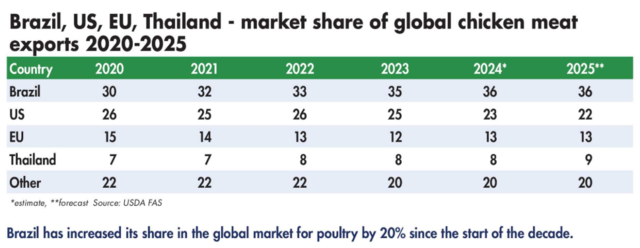
Brazil is one of the world’s top poultry producers. The country exports millions of tonnes of chicken each year. In 2024-2025, Brazil shipped poultry products to over a hundred markets. China, Japan, and many nations in the Middle East and Africa are major buyers. Poultry is a big source of farm income and factory jobs. Exports also bring foreign money into the economy. That makes health status very important. Any trading barrier can hit many livelihoods at once. Recent growth in export volume shows strong demand for Brazilian poultry before the outbreak.
Brazil’s Efforts to Control Bird Flu
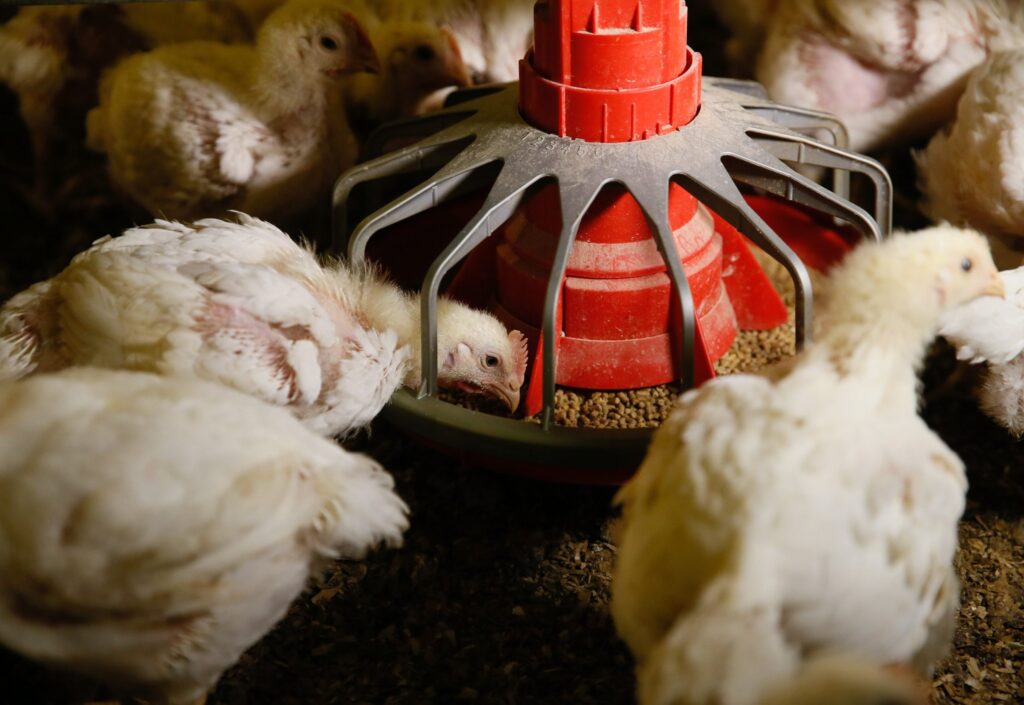
Brazil moved quickly after the first commercial case in May. Farms linked to the outbreak were closed and cleaned. Health teams traced contacts and tested birds. The country followed 28 days with no new cases to claim freedom from HPAI in commercial flocks. Officials worked with farm groups and trade bodies to share data. Emergency rules and extra checks were put in place. These steps aimed to prove the problem was contained and to limit future risk. Rapid action helped restore confidence among some buyers.
EU Certification: Process and Significance
The EU has strict rules for importing poultry. The bloc requires exporting countries or regions to be free of HPAI. The evaluation checks lab results, tracing records, and farm biosecurity. The EU may also inspect control measures. If the data looks solid, the EU can restore market access. Recognition by Brussels is not just paperwork. It signals to many buyers that the product meets high safety levels. For Brazil, EU approval opens a large and high-value market. The decision can also trigger other countries to lift bans.
Economic Boost for Brazil
EU recognition should raise demand for Brazilian poultry. The bloc is a big buyer of chicken and processed products. Restored access will help factories fill canceled orders. That can lower stock pressure on domestic markets. More exports mean higher factory runs and more work for transport and cold-storage services.
Trade groups noted strong export volumes earlier in the year, which adds context to the likely gains. For many farmers, this move will ease cash flow worries caused by the earlier bans. Revenue gains could also help fund more biosecurity upgrades on farms.
Global Trade Implications
Brazil’s clearance changes the balance in global poultry markets. Buyers who had to look for other sources may return to Brazil. That can lower prices in some regions. Exporters in other countries may face stiffer competition. Brazil’s large volume gives it an edge in price and supply reliability. The EU decision may push importing nations that held bans to reopen slowly. Yet some major buyers, like China, have kept stricter controls so far. Those markets may take more time to respond. Overall, the move helps stabilize world poultry flows.
Challenges and Risks Ahead
The risk of HPAI does not vanish with one clearance. Wild birds and new viral strains remain threats. Farm biosecurity must stay strong. Surveillance needs ongoing funding and staff. Market recovery could also be uneven. Some importers will act slowly. Others might demand extra checks or regionalization, allowing trade from disease-free areas only.
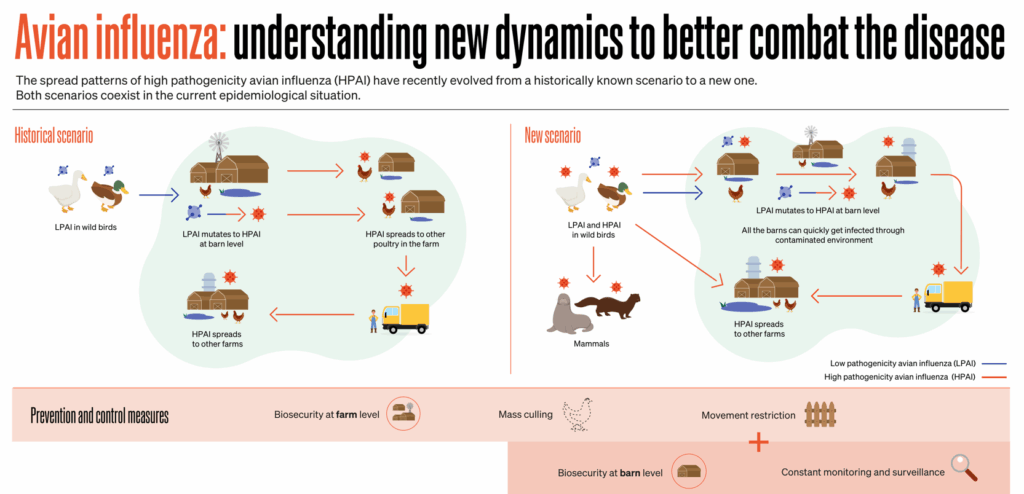
Competition is another risk. If rivals expand or lower prices, Brazil may face pressure on margins. Finally, communication missteps could slow trust rebuilding. Clear, regular updates will be needed to keep buyers confident.
Expert Opinions & Industry Reactions
Trade groups praised the EU move as a positive step. Industry leaders called it a vote of confidence in Brazil’s controls. Some experts warned that vigilance is still needed. Veterinary scientists stressed better monitoring of wild bird populations. Market analysts said price swings might follow as buyers adjust orders. EU farmers and associations voiced concern about competition. That issue ties into wider debates about the Mercosur trade pact and safeguards for European producers. Overall, reactions mix relief with caution.
Bottom Line
EU recognition marks a key milestone for Brazil’s poultry sector. It can restore lost business and ease the strain on farmers. The decision also shows the value of quick action and clear data. Still, the path ahead needs steady surveillance and strict biosecurity on farms.
Markets will respond, but not all at once. If Brazil keeps up its controls, the country can rebuild market share and support its supply chain. The long-term gain depends on constant care and transparent reporting to trading partners.
Frequently Asked Questions (FAQs)
Brazil declared itself free of bird flu on June 18, 2025, after no new cases in commercial farms. The World Organisation for Animal Health confirmed the outbreak is resolved.
Europe is watching bird flu closely. Many countries report outbreaks in birds. Poland added strict measures like zones and cleanup steps. They also ask for more surveillance across the region.
Disclaimer:
This is for informational purposes only and does not constitute financial advice. Always do your research.
